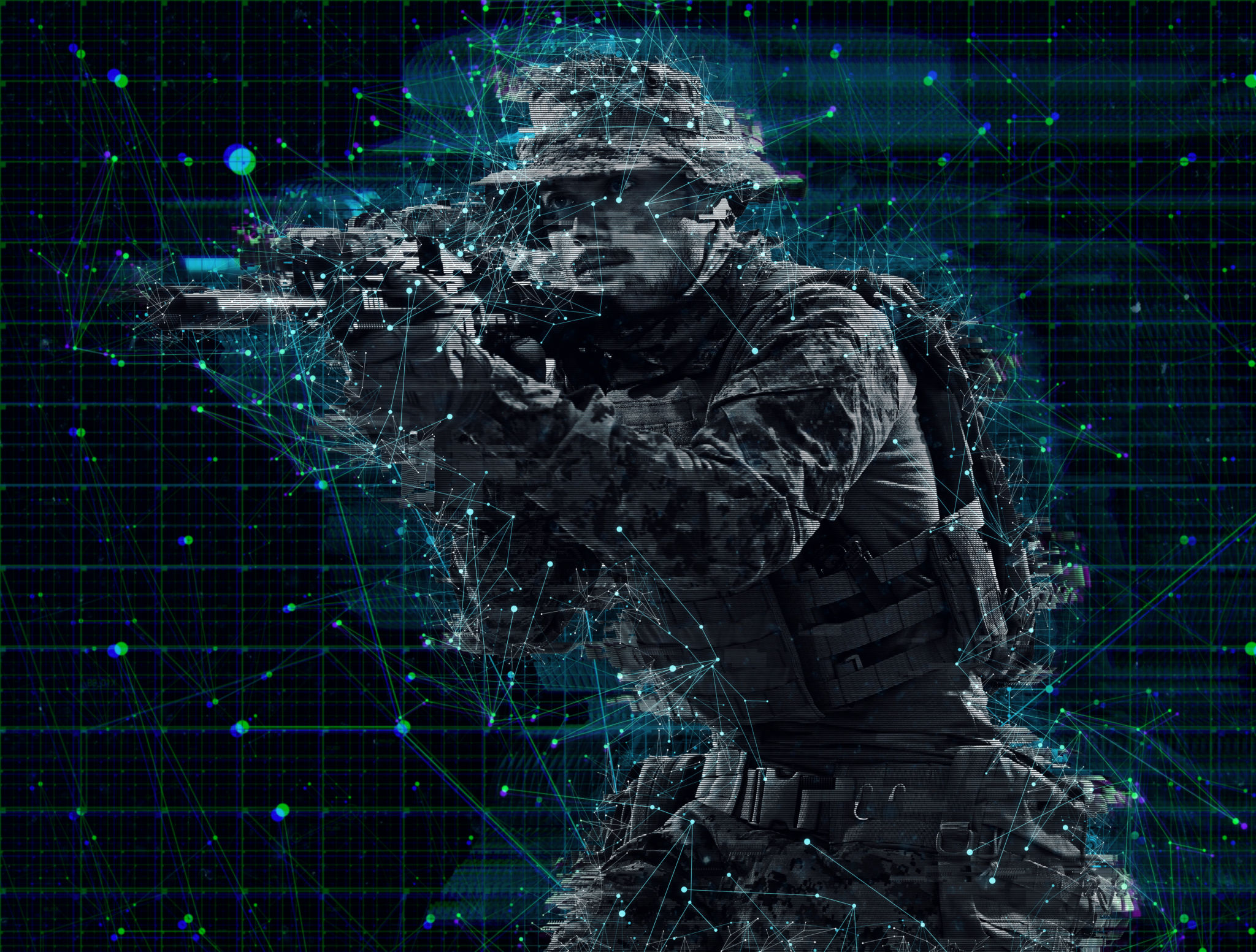The Impact of Emerging Technologies on DoD IT Solutions
jk
Introduction to Emerging Technologies in Defense
In recent years, the rapid advancement of technology has significantly influenced various sectors, including the Department of Defense (DoD). Emerging technologies are reshaping the landscape of defense IT solutions, providing both opportunities and challenges. From artificial intelligence to blockchain, these technologies are revolutionizing how defense strategies are formulated and executed.

Artificial Intelligence and Machine Learning
Artificial Intelligence (AI) and Machine Learning (ML) are at the forefront of transforming DoD IT solutions. These technologies enable the automation of complex tasks and improve decision-making processes by analyzing vast amounts of data quickly and accurately. AI-powered systems can enhance threat detection, optimize resource allocation, and improve operational efficiency.
Moreover, AI and ML can be used to develop predictive models that anticipate potential threats and vulnerabilities. This proactive approach allows the DoD to implement effective countermeasures, ensuring national security remains robust.
Blockchain Technology
Blockchain technology is gaining traction within the defense sector due to its potential to provide secure, transparent, and tamper-proof data management systems. By decentralizing data storage and ensuring data integrity, blockchain can enhance the security of sensitive information.

Additionally, blockchain can streamline supply chain management by providing real-time visibility and traceability of military assets. This ensures that resources are efficiently managed and reduces the risk of fraud or corruption.
Internet of Things (IoT) in Defense
The Internet of Things (IoT) is another emerging technology making significant inroads into DoD operations. IoT devices can collect and transmit data from various sources, offering a comprehensive view of situational dynamics. This real-time information is crucial for making informed decisions on the battlefield.
IoT-enabled systems can also enhance equipment maintenance through predictive analytics, reducing downtime and extending the lifecycle of military assets. The integration of IoT into defense strategies is paving the way for smarter, more connected military operations.

Cybersecurity Enhancements
As technologies evolve, so do the threats to security. Emerging technologies necessitate advancements in cybersecurity measures to protect against sophisticated cyber attacks. The DoD is investing in cutting-edge cybersecurity solutions to safeguard critical infrastructure and sensitive data.
By employing advanced encryption methods, anomaly detection systems, and multi-layered security protocols, the DoD can mitigate risks and maintain the integrity of its IT systems. The focus on cybersecurity is crucial as digital warfare becomes increasingly prevalent.
The Role of Advanced Analytics
Advanced analytics play a pivotal role in harnessing the full potential of emerging technologies within the DoD. By leveraging big data analytics, defense organizations can gain valuable insights into operational patterns and trends. This data-driven approach enhances strategic planning and resource management.

The ability to process and analyze large datasets in real-time allows for more agile decision-making, which is essential for adapting to rapidly changing scenarios. Advanced analytics enable the DoD to maintain a competitive edge in defense operations.
Conclusion
The impact of emerging technologies on DoD IT solutions is both profound and multifaceted. As these technologies continue to evolve, they offer promising avenues for innovation in defense strategies. However, they also present new challenges that require adaptive approaches and robust security measures.
Staying ahead in this technological race demands continuous investment in research and development, as well as collaboration with industry leaders. By embracing these advancements, the DoD can enhance its capabilities and ensure a secure future for national defense.
